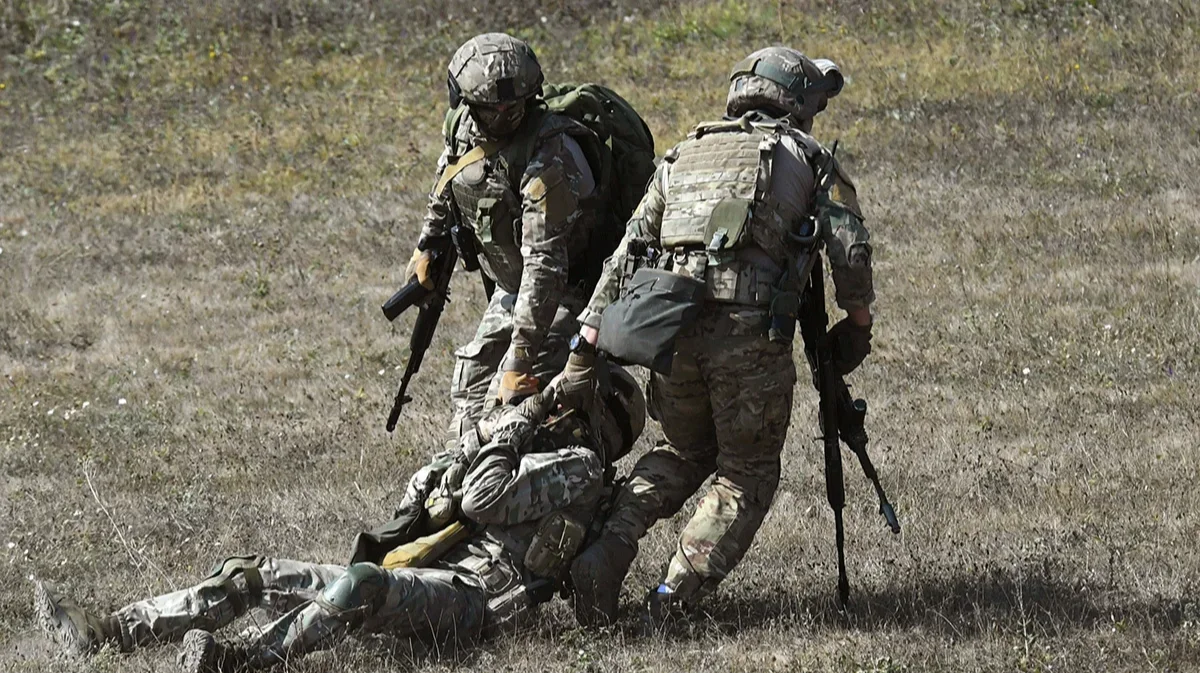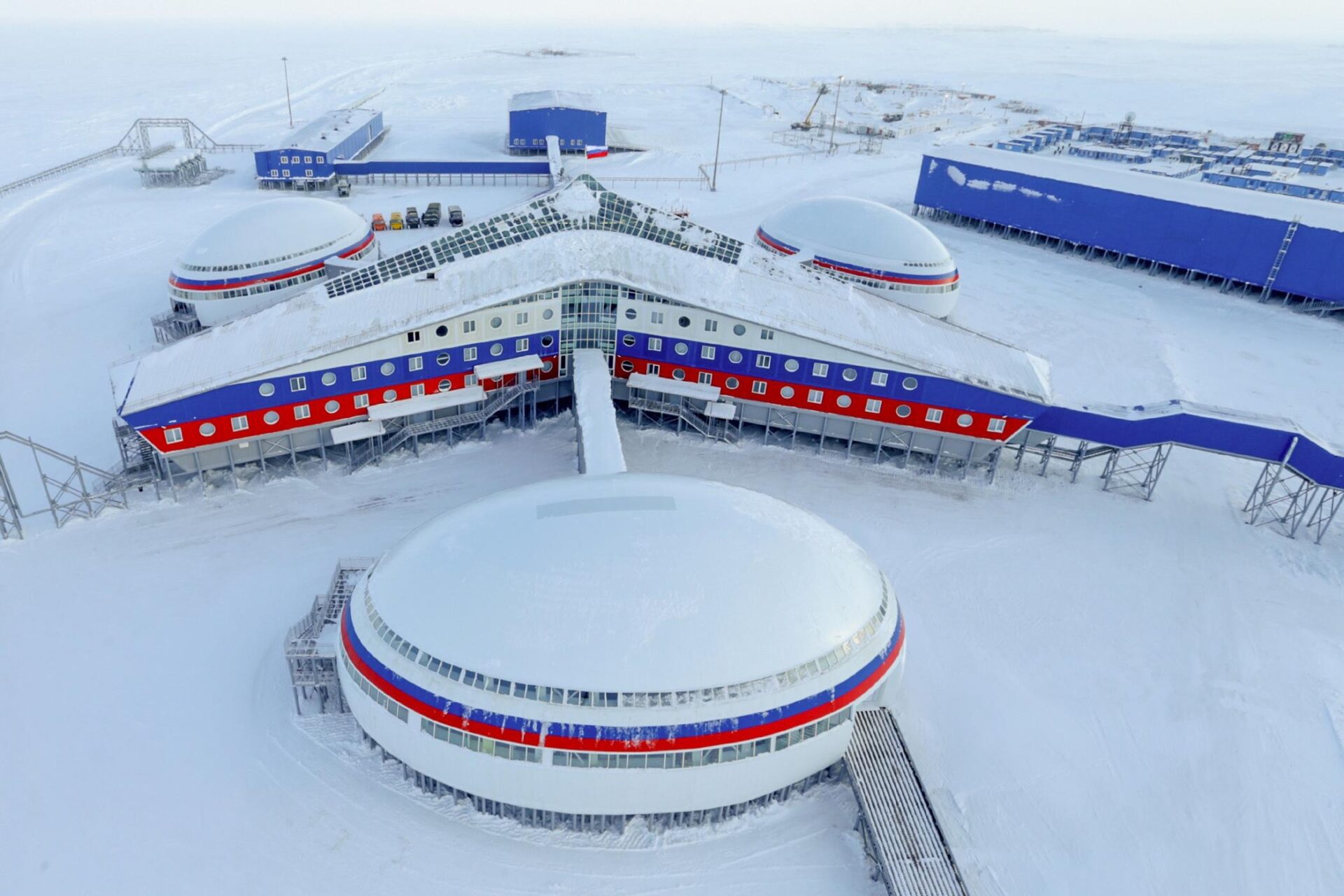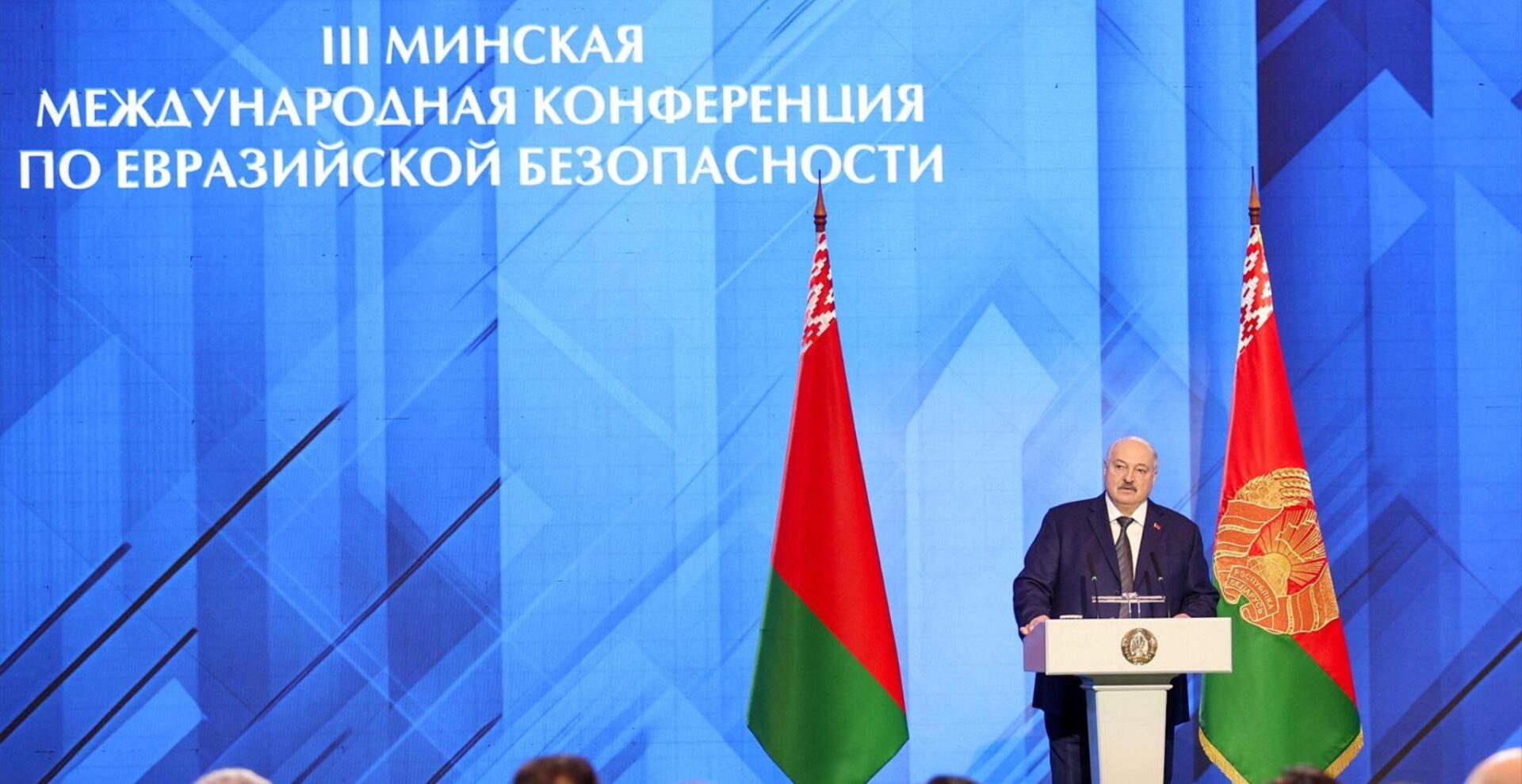
Moscow Facing Ever Greater Problems Getting Troops to Fight in Ukraine
Moscow Facing Ever Greater Problems Getting Troops to Fight in Ukraine
Executive Summary:
- Moscow is facing ever greater problems filling the ranks of its invasion force. Increasing signing bonuses and pardons for those who serve are less effective than advertised.
- The Kremlin is turning to ever more repressive and deceptive measures, but these are not working well either. Activists are spreading awareness and even helping soldiers evade service through desertion, flight, or open revolt.
- Despite polls suggesting the contrary, Russian President Vladimir Putin’s war is unpopular, negatively impacting the Russian army in the field and the public perception of its veterans, whom Putin plans to build a new elite around.
Ever since Russian President Vladimir Putin launched his expanded invasion of Ukraine in February 2022, Moscow has faced serious problems in filling the ranks of his invasion force. Plans in the fall of 2022 for a partial mobilization sparked a massive emigration from the Russian Federation, forcing the Kremlin to seek other means to fill the ranks. The most prominent has been expanding soldier’s eligibility to include older and less physically fit men as well as immigrants and foreigners such as North Koreans (Window on Eurasia October 11, October 12; see EDM, September 13, October 31, 2023, August 7, October 10). The Russian government has additionally been offering increasingly larger signing bonuses to entice potential recruits (see EDM, October 24). Convicts have been pardoned, and cases are being dropped against the accused if they agree to serve. For the latest and, in some ways, the most disturbing case, Russian officials are suggesting that those not yet charged or convicted in the Dagestan anti-Semitic attacks should be allowed to serve in Ukraine as an alternative to prison (Echofm.online, November 15).
Until recently, these approaches have allowed Moscow to maintain, if not significantly increase, the number of men in its forces in Ukraine. The Kremlin’s tactics, however, have also had negative consequences for unit cohesion and undermined the image of the army as former criminals return home as veterans and commit new crimes (Window on Eurasia, February 4, March 5, June 24; see EDM, September 24; Sovsekretno.ru, November 14). These instances have led Russians to question Putin’s much-ballyhooed plan to build a new Russian elite around such veterans (see EDM, July 29).
In recent months Moscow’s problems regarding recruitment have increased as Russian combat losses in Ukraine have risen to 30,000 or more a month. This has made service there less attractive, regardless of how large the bonuses Russian officials are prepared to pay or even the pardons they are willing to offer. Russian officials are not only increasing all three of these efforts but also expanding to other more repressive and deceptive tactics to maintain the number of effectives in its ranks (see EDM, October 10). This is a matter of concern for officials in Moscow, but it is not something on which the government media has reported. A growing network of anti-war activists inside the Russian Federation, however, is collecting such data (Window on Eurasia May 10, November 16). Among the most prominent of these groups are Let’s Go into the Woods, the Draftees’ School, the Soldiers’ Mothers of St. Petersburg, the Movement of Committed Refuseniks, and Call to Conscience First Line. These groups pooled their findings in a 3,000-word report that the independent Holod news agency posted online a week ago (Holod, November 12).
The compilation reports on the tactics Moscow is increasingly adopting to try to fill the ranks. These tactics include the use of false advertisements promising one kind of work, but after signing up, the individuals are sent to the front; threatening former convicts with new charges and prison sentences; suggesting evidence will be planted on them to ensure people are convicted unless they agree to join the military; and telling draftees that they will be sent into combat unless they sign up for longer terms of service, and then sending them to the frontlines anyway. These anti-war groups provide information about numerous cases for each deception, changing only the names so as not to land those involved in more trouble. Even though they are not in a position to provide statistics about how widespread these problems are currently, their reporting points to the problems that Moscow is facing in raising men for its invasion force and highlights issues that many observers have been pointing out in recent months. Despite the Russian people’s widespread but largely passive support for Putin’s war, that support does not extend as far as volunteering to fight.
An even more immediate problem for Moscow regarding force levels in Ukraine may be the revolt at a Russian military base near Novosibirsk. A group of soldiers who were about to be sent to Ukraine chose to revolt and flee rather than risk service on the frontlines (Sibreal, November 16). This is not the first revolt among soldiers resisting being sent to Ukraine. Similar occurrences took place in December 2022 in Kaliningrad and Murmansk, but according to the SibReal news portal, what happened on the outskirts of Novosibirsk was “one of the largest after the beginning of the war against Ukraine.” According to that portal, Russian military courts have already handed down more than 10,000 sentences against Russian soldiers who have sought to avoid service in Ukraine. As such, the Novosibirsk rising may well be a harbinger of what will happen at other Russian bases if, as in this case, officers try to send soldiers who are near the end of their service times or who may already have served a tour in Ukraine back to the frontlines.
If the past is any indication, the Putin regime will seek to solve this problem by increasing repression, bringing more criminal charges against those who refuse to join the military or follow orders to go to the frontlines. This, however, may not be the solution the Kremlin thinks it is if an increasing number of Russian men would rather go to prison than fight and risk death. Even if such men can be forced to go into the Russian military, it is a virtual certainty that they will be less disciplined and enthusiastic soldiers than the Kremlin and their commanders on the scene want and need. In turn, as long as Russian combat losses remain high, the clock is ticking for Russia, whose military may not be able to sustain recent gains, however many problems the Ukrainian forces arrayed against them now suffer.


